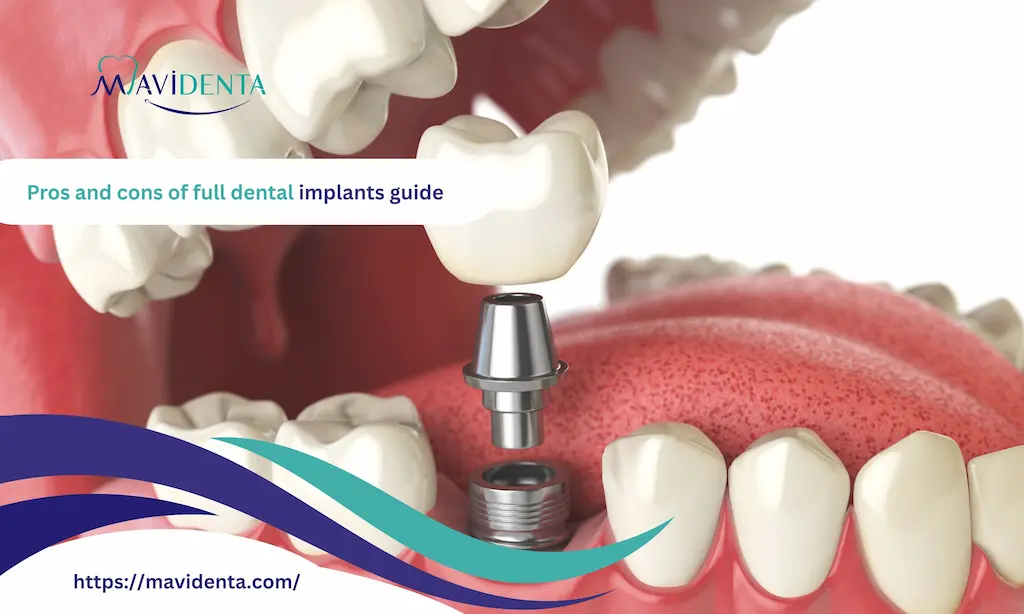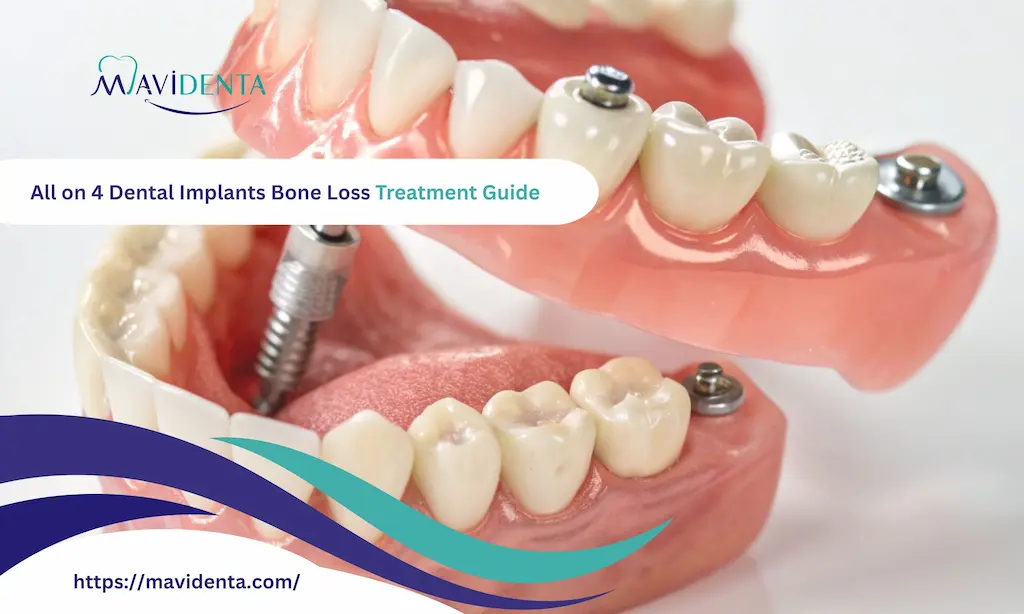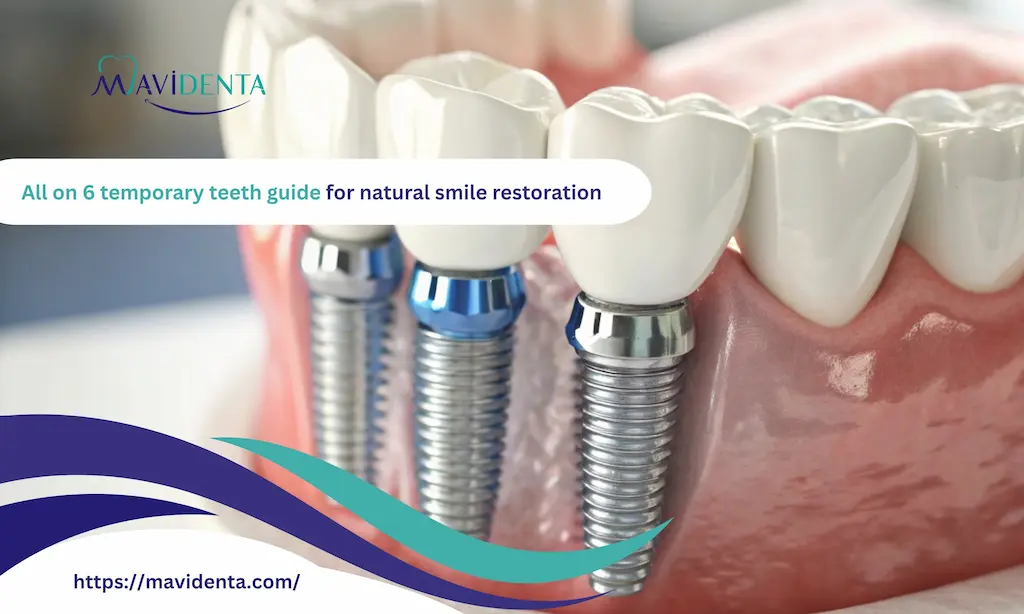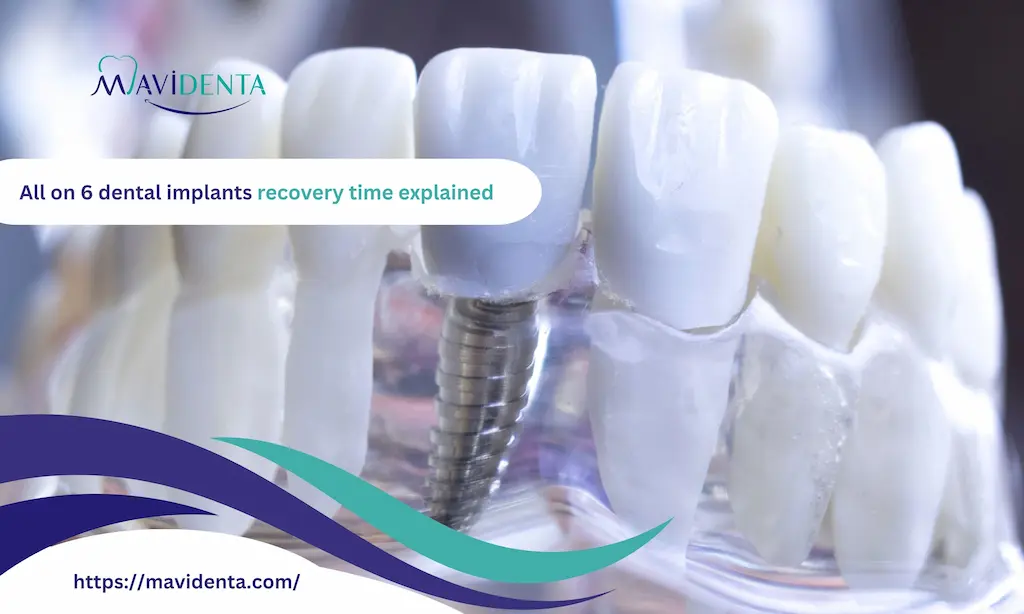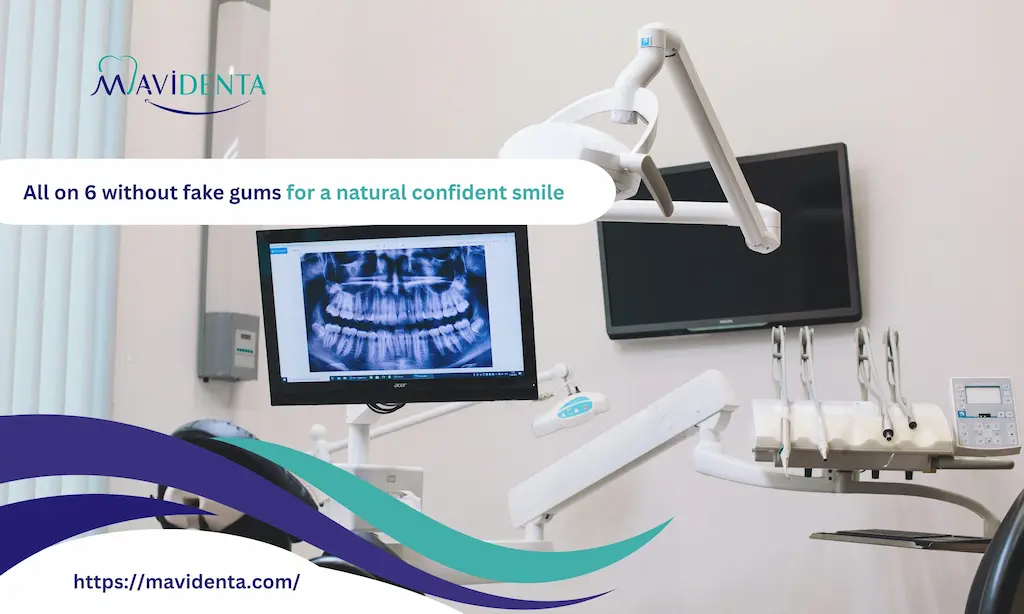Are you missing one or more front teeth? Do you feel self-conscious about your smile and find it difficult to speak or eat? If so, partial dentures for front teeth may be the solution you’ve been looking for. These custom-made dental prosthetics are designed to seamlessly fit against your remaining natural teeth and gums, restoring your smile and improving your quality of life. Whether you prefer removable or fixed partial dentures, let’s explore the options available for front teeth partial dentures and discover the best fit for your needs.
What are Partial Dentures?
Partial dentures for front teeth are a type of dental prosthesis that can be used to replace one or more missing teeth in the anterior region of the mouth. These dentures are custom-made to fit the unique shape and structure of the patient’s mouth, ensuring a comfortable and secure fit.
They consist of a metal or acrylic framework that supports one or more artificial teeth, or pontics, which are typically made of porcelain or acrylic and carefully crafted to match the color, size, and shape of the patient’s natural teeth.
Partial dentures can restore a patient’s ability to eat, speak, and smile with confidence by filling in the gaps left by missing teeth. They also prevent the remaining natural teeth from shifting out of place and causing further dental problems. With proper care and maintenance, partial dentures can last for several years before requiring replacement or adjustment.
Explore the All on 4 dental implants vs snap in dentures full comparison.
Benefits of Partial Dentures for Front Teeth:-
Partial dentures can provide several benefits for patients who are missing one or more teeth in the anterior region of the mouth, check the following.
Improved appearance:
By filling in the gaps left by missing teeth, partial dentures can restore a patient’s smile and improve their overall appearance.
Enhanced speech:
Missing partial front teeth can cause difficulty with speech, but partial dentures can help restore proper pronunciation and clarity.
Improved ability to eat:
Missing teeth can make it difficult to eat certain foods, but partial dentures can allow patients to enjoy a wider variety of foods and maintain a healthy diet.
Prevents shifting of remaining teeth:
A gap in the front teeth can cause the remaining teeth to shift out of position, leading to bite problems and further dental issues. Partial dentures help to prevent this from happening.
Increased self-confidence:
With a restored smile, improved speech, and the ability to eat comfortably, many patients report feeling more confident and self-assured.
Overall, partial denture for front teeth can provide a comfortable and natural-looking solution to tooth loss, improving a patient’s quality of life in several ways.
Read more: Wisdom Teeth Removal in Turkey: Procedure, Cost, and Benefits.
Types of partial dentures for front teeth:-
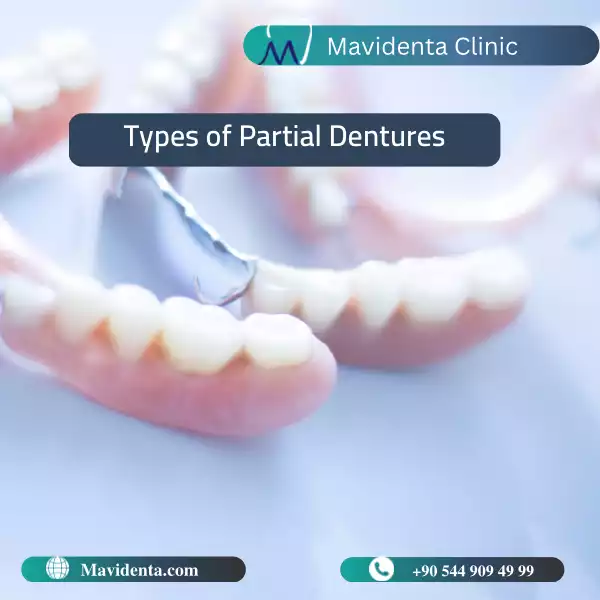
Partial dentures for front teeth come in several types, each with their own unique features and benefits. Here are the three most common types of partial dentures for front teeth:
Acrylic Partial Dentures:
These dentures are made of acrylic resin and are typically the most affordable option. They are usually used as a temporary solution. They can be easily adjusted or repaired if needed and can be removed for cleaning and maintenance. However, they may not be as sturdy or long-lasting as other types of partial dentures, and they may need to be replaced or relined over time as the patient’s mouth changes.
Acrylic partial dentures can be a good option for patients who need a temporary or budget-friendly solution for missing teeth. Your dentist can help you determine if acrylic partial dentures are the best option for your needs and help you maintain them for optimal comfort and function.
Flexible Partial Dentures:
These dentures are made of a flexible, gum-colored material that blends in with the natural gums. Unlike traditional partial dentures that use metal clasps or hooks to attach to the natural teeth, flexible partial dentures use a more discreet and less noticeable attachment system. They are comfortable to wear as they do not require any metal clasps or hooks, making them a good choice for patients with allergies to metal.
Additionally, flexible partial dentures are durable and long-lasting, and they can be easily adjusted or repaired if needed.
Metal Framework Partial Dentures:
These dentures consist of a metal framework that attaches to the remaining natural teeth and supports the artificial teeth. They are sturdy and durable, making them a good choice for patients who need a long-lasting solution. They can also be easily adjusted or repaired if needed.
Overall, the type of partial denture that is right for you will depend on several factors, including your budget, the extent of your tooth loss, and your personal preferences. Your dentist can help you choose the best option for your needs and help you maintain your partial denture front tooth for years to come.
Also check: Dental Centre Turkey Payment Plan.
The Procedure for Getting Partial Dentures:-
Getting partial dentures front teeth typically involves several steps, including:
Initial Consultation and Examination:
During the first visit, your dentist will examine your mouth and discuss your treatment options with you. They may take x-rays or other images to assess the extent of your tooth loss and determine the best course of action.
Impressions and Measurements:
Once you and your dentist have decided on partial dentures as the best option, your dentist will take impressions and measurements of your mouth. This will ensure that the partial dentures fit comfortably and securely against your remaining natural teeth and gums.
Denture Fabrication:
The impressions and measurements will be sent to a dental laboratory, where your partial dentures will be custom-made to fit your mouth. The artificial teeth will be carefully crafted to match the color, size, and shape of your natural teeth.
Fitting and Adjustments:
Once your partial dentures are ready, you will return to your dentist’s office for a fitting. Your dentist will make any necessary adjustments to ensure that the dentures fit comfortably and securely. They will also provide instructions on how to care for and maintain your partial dentures for optimal function and longevity.
Caring for Partial Dentures:
Proper care and maintenance of partial dentures for front teeth are essential for their longevity and optimal function. Here are a few tips for caring for your partial dentures:
Daily Cleaning Routine:
Just like natural teeth, partial dentures require daily cleaning to remove food debris and plaque. Clean your dentures with a soft-bristled brush and a non-abrasive denture clean. Avoid using hot water or harsh chemicals that can damage the denture material.
Proper Storage:
When not in use, store your partial dentures in a clean, dry container that is specifically designed for denture storage. Avoid storing them in a tissue or paper towel, as this can cause them to dry out or become damaged.
Regular Dental Check-ups:
It is important to schedule regular dental check-ups with your dentist to ensure that your partial dentures are fitting properly and are in good condition. Your dentist can also provide advice on how to care for your dentures and make any necessary adjustments or repairs.
Proper care and maintenance of partial dentures for front teeth can help them last for many years and maintain their optimal function. Your dentist can provide specific instructions on how to care for your dentures based on the type of material they are made of and your individual needs. By following a regular cleaning routine, storing your dentures properly, and visiting your dentist regularly, you can enjoy a comfortable and natural-looking smile for years to come.
How to Choose the Best Dental Implant Clinic in Istanbul?
Potential Concerns and Solutions:-
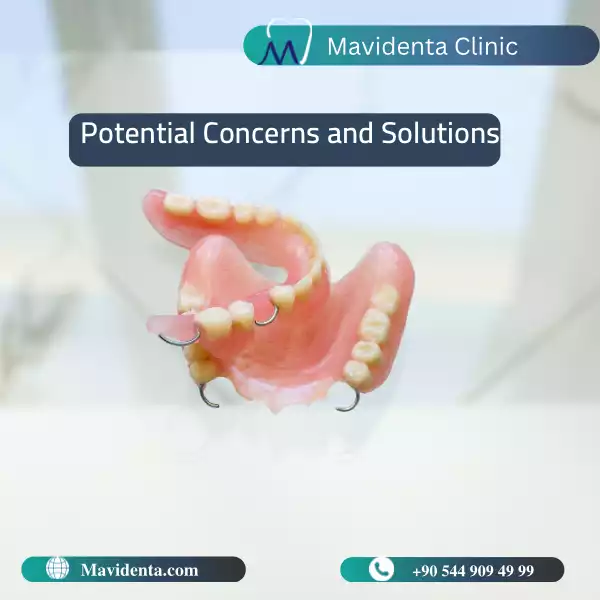
Partial dentures for front teeth can be a great solution for those who have lost some of their natural teeth. However, there are some potential concerns that you should be aware of before taking any step. Here are some of the most common concerns and solutions for partial dentures.
Discomfort and Adjusting Period:
It is common to experience some discomfort and an adjusting period when first getting partial dentures. This is because they may feel awkward or bulky in your mouth at first. However, this discomfort should only last for a few days or weeks as you get used to wear them. To help ease the adjustment period, it is recommended to wear your partial dentures for a few hours each day gradually increasing the time until you can wear them comfortably.
Speech Changes:
Partial dentures can sometimes cause changes in speech, particularly if they are not fitted correctly or if they are new. This is because the dentures take up space in your mouth, which can affect the way you speak. To help overcome this, it is recommended to practice speaking with your new dentures, and to seek the assistance of a speech therapist if necessary.
Eating with Partial Dentures:
Eating with partial dentures for front teeth can also be a concern for some people. It may take some practice to get used to eat with them, and you may need to avoid certain foods that are difficult to chew or that may dislodge the dentures. To help with this, it is recommended to start with soft foods and to cut them into small pieces. Gradually, you can move on to harder foods, taking small bites and chewing carefully.
Also check: Transform Your Smile with Advanced Turkey Teeth Straightening.
Boosting Confidence with Partial Dentures:-
Partial dentures can be an excellent way to restore your smile and boost your confidence. If you have lost some of your natural teeth, partial dentures can replace them and help you feel more comfortable and confident in social situations. Here are some ways that partial dentures can boost your confidence:
Improved Aesthetics:
Partial dentures replace missing teeth, filling in the gaps and improving the appearance of your smile. This can have a significant impact on your self-confidence and how you interact with others.
Enhanced Chewing and Speaking:
Missing teeth can make it difficult to eat certain foods and pronounce certain sounds. Partial dentures for front teeth restore your ability to chew properly and speak clearly, allowing you to enjoy a wider range of foods and communicate with confidence.
Maintenance and Care:
Proper care and maintenance are essential to ensure the longevity and functionality of your partial dentures. Follow your dentist’s instructions on cleaning and storage, and make sure to visit your dentist regularly for check-ups and adjustments if needed.
Adjusting to Dentures:
It may take some time to get used to wear partial dentures. Initially, you may experience some discomfort or difficulty with speaking and eating. However, with practice and patience, these issues can be overcome. Your dentist will guide you through the adjustment period and provide tips for adapting to your new dentures.
Long-Term Considerations:
Over time, your mouth and jawbone may change, which can affect the fit of your partial dentures. Regular dental check-ups are essential to evaluate the fit and make any necessary adjustments to ensure optimal comfort and function.
Remember, partial dentures are just one of many options available for replacing missing teeth. Your dentist can discuss alternative solutions such as dental implants or bridges, depending on your specific needs and preferences.
Ultimately, partial dentures can significantly improve your smile, restore oral functionality, and boost your confidence. Consult with a dental professional to determine the best course of action for your individual situation.
Read more: Affordable Teeth Composite Filling Cost & Restore Your Smile.
The Importance of Front Teeth:-
Front teeth have two main essential roles: aesthetics and function. Kindly check the importance of the front teeth:
Aesthetics:
Front teeth are the most visible teeth in the mouth and are critical for a beautiful smile. They help to give the face a youthful appearance and can significantly impact a person’s self-confidence and self-esteem.
Speech:
Front teeth play a crucial role in speech and pronunciation. They help to form certain sounds such as “f”, “v”, “s”, and “th.” Without front teeth, it can be challenging to pronounce these sounds correctly, leading to speech difficulties.
Chewing and Eating:
Front teeth are also vital for biting and tearing food, which is the first step in the digestive process. Without front teeth, it can be challenging to eat certain types of food, leading to nutritional deficiencies and other health problems.
Supporting Facial Structure:
Front teeth provide support to the lips and cheeks, helping to maintain the overall facial structure. Without front teeth, the face can appear sunken or collapsed, which can prematurely age a person.
Front teeth are crucial for both aesthetics and function. They play a vital role in speech, chewing, eating, and supporting the facial structure. If you have lost one or more front teeth, it is important to talk to your dentist or dental professional about possible solutions such as partial dentures for front teeth, implants, or bridges to restore your smile and maintain your oral health.
Can you eat with front partial dentures?
Eating with front partial dentures is possible with some adjustments to your eating habits. Front partial dentures are specifically designed to replace missing front teeth, allowing you to chew and eat comfortably. By starting with soft foods, cutting your food into small pieces, chewing slowly and carefully, and avoiding sticky or hard foods, you can enjoy a wide variety of foods with your partial dentures. If you have any concerns or questions, it is best to consult with your dentist or dental professional.
Can partial dentures replace front teeth?
Yes, partial dentures can indeed replace front teeth. When you have missing front teeth, partial dentures for front teeth are a viable option to restore your smile and improve your oral functionality. These partial dentures are custom-made to fit snugly and comfortably in your mouth, replacing the missing teeth in the front of your dental arch.
The dentures are designed to closely resemble your natural teeth, both in color and shape, ensuring a natural-looking appearance. With the support of the surrounding teeth, partial dentures can restore your ability to speak clearly and chew properly. They are an effective solution to fill the gaps left by missing front teeth, providing you with a confident and complete smile.
Can you have a partial denture with no back teeth?
Yes, it is possible to have a partial denture with no back teeth. Partial dentures are designed to replace missing teeth and can be customized to meet the specific needs of each patient. Depending on the location of the missing teeth, a partial denture may include front teeth only or a combination of front and back teeth.
If you have missing back teeth, a partial denture can be designed to replace them. However, it is important to note that the denture may not be as stable as one that includes back teeth. This is because back teeth provide more support and stability to the denture.
Dental Implants: A Stable Solution for Missing Back Teeth
In some cases, dental implants may be a better option for replacing missing back teeth. Implants are surgically placed into the jawbone and can provide a stable anchor for a dental bridge or partial denture.
If you are missing back teeth and considering a partial denture, it is important to talk to your dentist or dental professional about the best options for your individual needs. They can evaluate your oral health and recommend the most appropriate treatment options to restore your smile and function.
Affordable Dental Bonding Front Teeth Gap Cost & Procedure.
How many teeth do you have left for a partial denture?
The number of teeth you have left for a partial denture depends on your specific situation and the extent of tooth loss. Partial dentures for front teeth can be used when you have one or more missing front teeth. These dentures are designed to replace the missing teeth while retaining your remaining natural teeth.
Typically, partial dentures are secured to the adjacent healthy teeth using clasps or other attachment methods. The remaining teeth act as anchors for the partial denture, providing stability and support. Your dentist will evaluate the condition of your remaining teeth and determine if they are suitable for supporting a partial denture.
Partial Dentures for Front Teeth
In some cases, additional dental treatments, such as crowns or bridges, may be required to ensure proper support and alignment for the partial denture.
Partial dentures for front teeth can be an excellent solution for those who have lost one or more teeth in the front of their mouth. These dentures can improve your appearance, speech, and ability to chew and eat. They can be customized to meet the specific needs of each patient and can blend in with your natural teeth. If you are considering partial dentures for your teeth, it is essential to talk to your dentist or dental professional to determine the best treatment options for your individual needs.
consultation at Mavidenta Clinic.
FAQs
Who is a candidate for partial dentures for front teeth?
Anyone who has lost one or more front teeth may be a candidate for partial dentures.
Are partial dentures for front teeth a permanent solution?
Partial dentures for front teeth are a removable dental restoration. While they can provide long-term function and aesthetics, they may require occasional adjustments or relining as your mouth and gums change over time.
Can partial dentures for front teeth be repaired if they are damaged?
If your partial denture is damaged, it may be possible to repair it.


